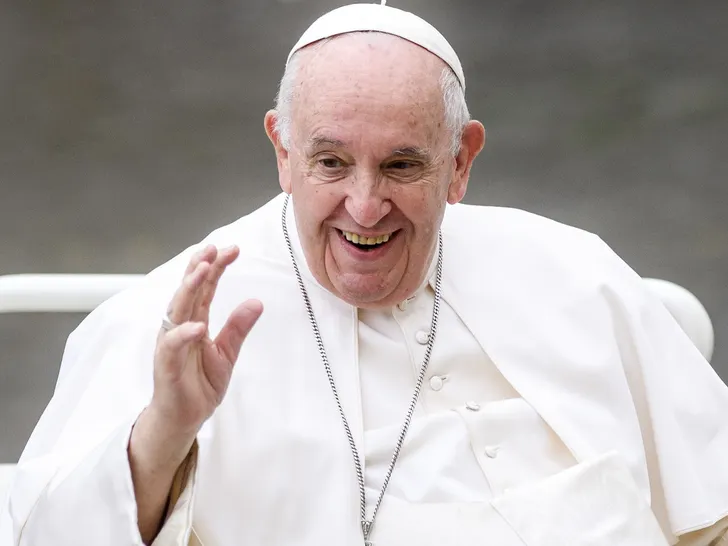Pope Francis, born Jorge Mario Bergoglio, the first Latin American and Jesuit pontiff, passed away on April 21, 2025, at the age of 88. His death marks the end of a transformative era for the Catholic Church, characterized by humility, inclusivity, and a focus on social justice.
Early Life and Vocation
Born on December 17, 1936, in Buenos Aires, Argentina, Bergoglio was the eldest of five children in a family of Italian immigrants. His father, Mario, was a railway accountant, and his mother, Regina, was a homemaker. After graduating as a chemical technician, Bergoglio worked in a food laboratory. At 21, he suffered a severe bout of pneumonia, leading to the removal of part of his right lung—a health challenge that would affect him throughout his life.
In 1958, inspired by his faith, he entered the Society of Jesus (Jesuits) and was ordained a priest in 1969. By 1973, he had taken his final vows as a Jesuit. His early ministry was marked by a commitment to education and social justice, serving as a teacher and later as the provincial superior of the Jesuits in Argentina.
Rise Within the Church
Bergoglio’s leadership qualities led to his appointment as Archbishop of Buenos Aires in 1998. He was known for his austere lifestyle, often taking public transportation and living in a simple apartment. In 2001, Pope John Paul II elevated him to the College of Cardinals.
Following the resignation of Pope Benedict XVI in 2013, Bergoglio was elected as the 266th pope, taking the name Francis in honor of Saint Francis of Assisi, reflecting his dedication to humility and care for the poor.
A Papacy of Firsts
Pope Francis broke several precedents:
- First Jesuit pope
- First pope from the Americas
- First non-European pope in over 1,200 years
His papacy emphasized a more inclusive and compassionate Church, focusing on issues like climate change, poverty, and interfaith dialogue. He was instrumental in publishing the encyclical “Laudato Si’,” urging global action on environmental issues.
Advocate for the Marginalized
Pope Francis was renowned for his outreach to marginalized communities. He transformed a Vatican building into a homeless shelter and established facilities like showers and clinics for the needy near St. Peter’s Square. His commitment to social justice extended to his support for refugees and his calls for economic equity.
Health Challenges and Final Days
In his later years, Pope Francis faced several health issues, including sciatica and respiratory problems. In February 2025, he was hospitalized with bronchitis, which developed into bilateral pneumonia. Despite medical efforts, his condition worsened, leading to a stroke and irreversible cardiac arrest on April 21, 2025. He passed away peacefully in his residence at the Vatican.
Global Mourning and Funeral
The world mourned the loss of Pope Francis. Over 250,000 people paid their respects during the three-day public viewing at St. Peter’s Basilica. His funeral on April 26, 2025, was attended by global leaders and dignitaries, reflecting his widespread influence. Honoring his wishes, he was buried at the Basilica of Santa Maria Maggiore in Rome.
Legacy and Impact
Pope Francis leaves behind a legacy of compassion, humility, and progressive leadership. He redefined the papacy by focusing on inclusivity and addressing contemporary global issues. His teachings and actions have left an indelible mark on the Catholic Church and the world.
Conclusion
As the Catholic Church prepares to elect a new leader, Pope Francis’s transformative impact will continue to inspire future generations. His dedication to the marginalized and commitment to a more inclusive Church set a precedent for what it means to lead with humility and compassion.








